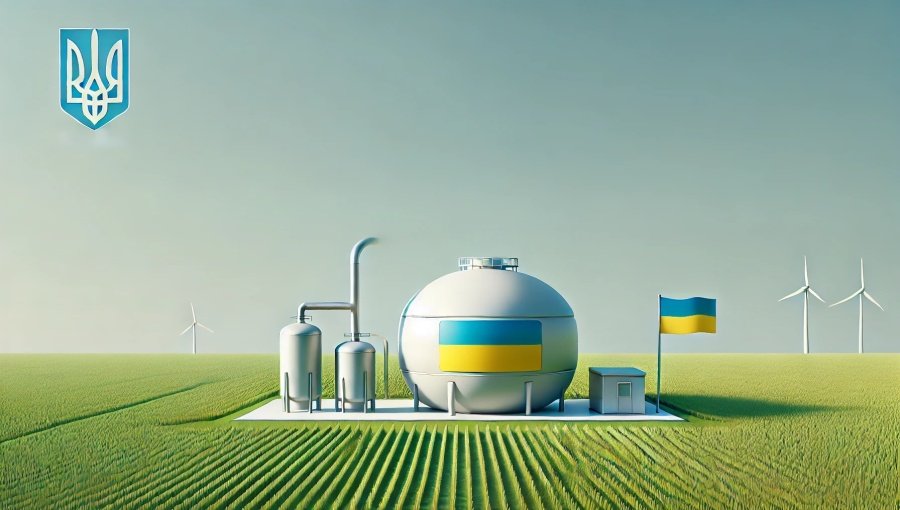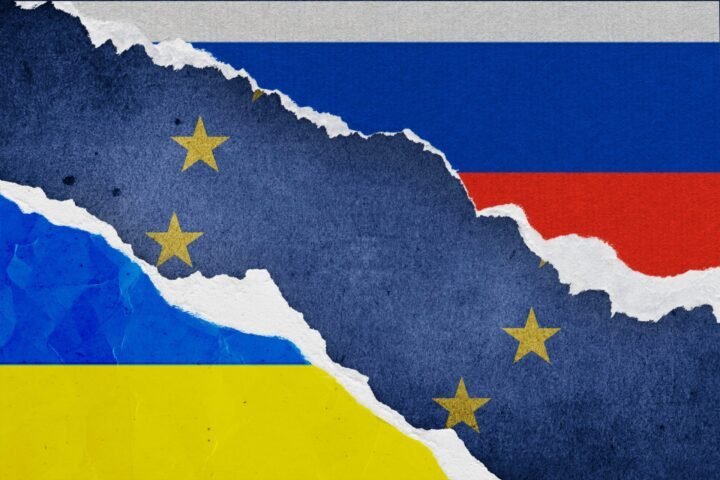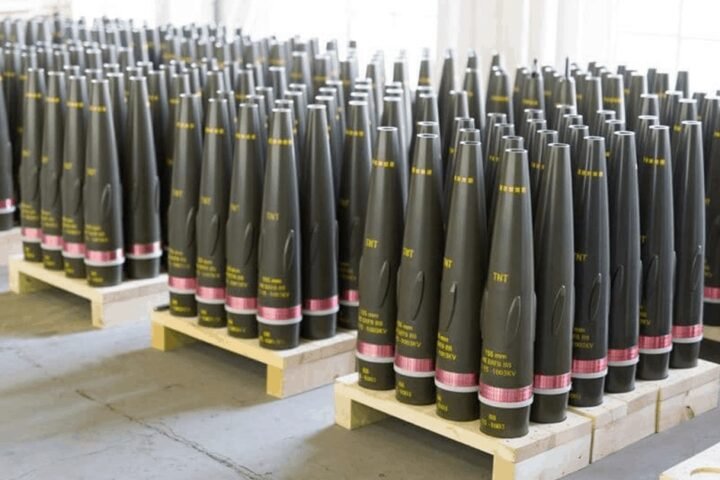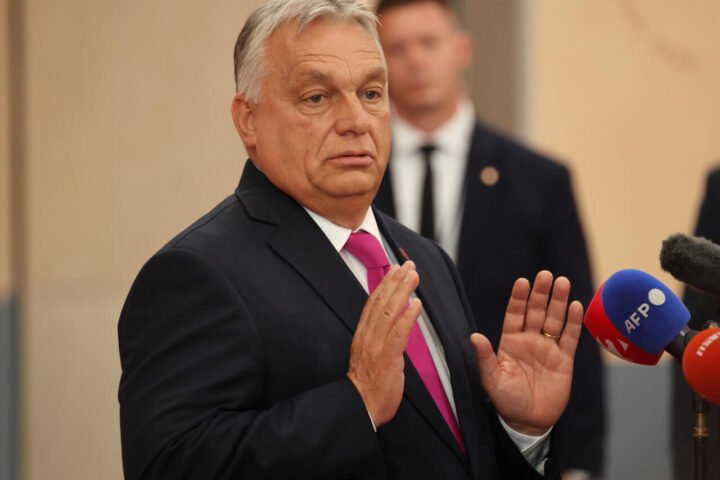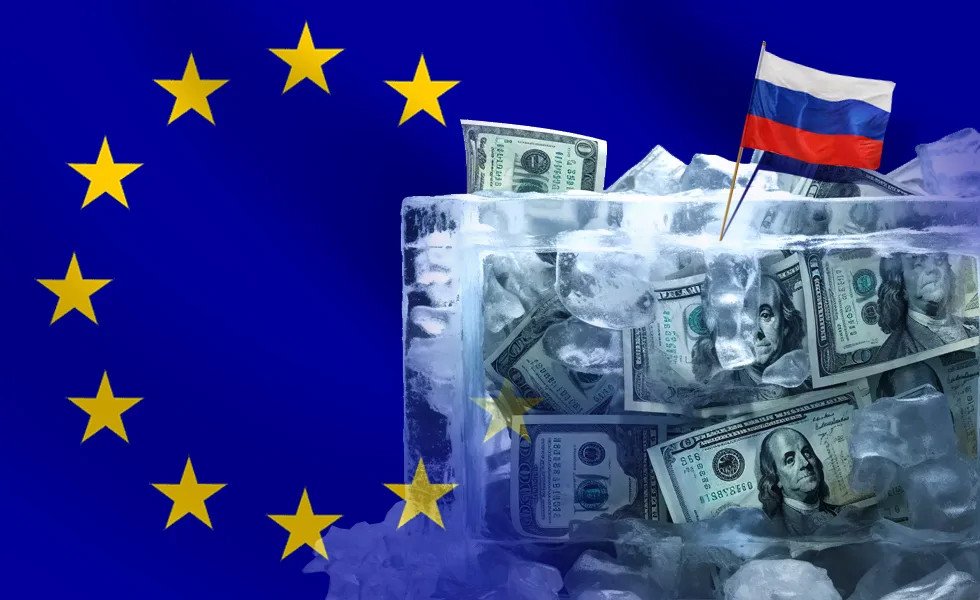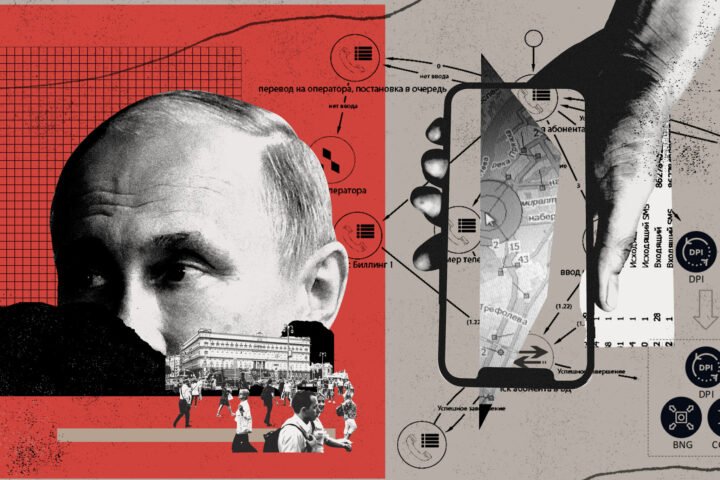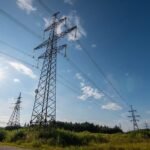On October 8, 2025, Ukraine marked a significant step toward becoming a strategic green energy supplier for Europe, as Ukrainian exports of liquefied biomethane (bio-LNG) expanded to the European Union, notably Germany. This development represents not only growth in Ukraine’s bioenergy sector but also a tangible contribution to reducing the EU’s reliance on fossil gas. For Germany, which continues to cut consumption of Russian energy, Ukrainian bio-LNG offers a dependable source of sustainable fuel aligned with the EU’s climate targets and the goals of the green transition.
Building a renewable energy partnership between Ukraine and the EU
Ukrainian bio-LNG, produced from agricultural waste, integrates into the EU’s internal energy market through renewable gas certification mechanisms. Such exports create a model of cooperation in which Ukraine is no longer merely a recipient of aid but a provider of climate-neutral fuel. For the EU, this expands the pool of renewable energy suppliers and reduces the risk of energy leverage from Russia. The shift also strengthens mutual trust, opens opportunities for green logistics and storage investments, and positions Ukraine as a crucial element in Europe’s energy security and technological independence.
Strategic implications for energy security and climate goals
The expansion of Ukrainian biomethane supplies reflects a broader EU strategy to enhance energy resilience and accelerate the green agenda. By diversifying renewable imports, European nations can reduce dependency on fossil fuels and advance toward climate neutrality. Ukrainian bio-LNG exports illustrate a practical integration of energy, agriculture, and climate policy, while fostering long-term investment in infrastructure. This emerging energy partnership creates a stable foundation for shared strategic interests, boosting competitiveness in the global clean energy market.
Geopolitical dimension of biomethane cooperation
The development of Ukraine’s biomethane sector carries significant geopolitical weight. Russia remains intent on weakening ties between Ukraine and the EU to preserve its control over energy markets. Ukrainian bio-LNG challenges this dynamic, offering Europe a real alternative based on sustainable cooperation. Such progress undermines Kremlin influence, making the EU’s energy policy more resistant to coercion and strengthening the union’s strategic autonomy.
Ukraine’s role as a strategic green energy producer
Through bio-LNG exports, Ukraine consolidates its position in European energy security not just as a transit route but as a producer and supplier of critical resources. This diversification of supply enhances market stability and reduces vulnerability to political or economic disruption. Agricultural waste-based biomethane production also boosts rural economies, creates jobs, and supports regional development, forming a practical foundation for a new model of energy interdependence in Europe.
Ukraine’s expanding biomethane exports thus signal both a step toward the EU’s climate ambitions and a redefinition of energy partnership in the region.
